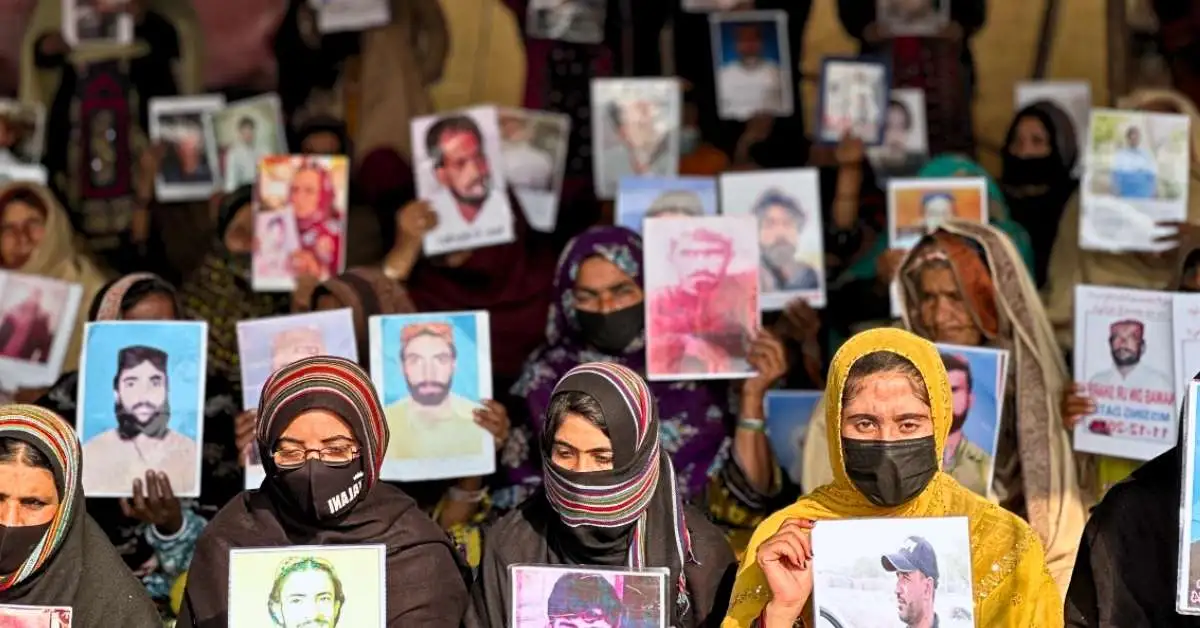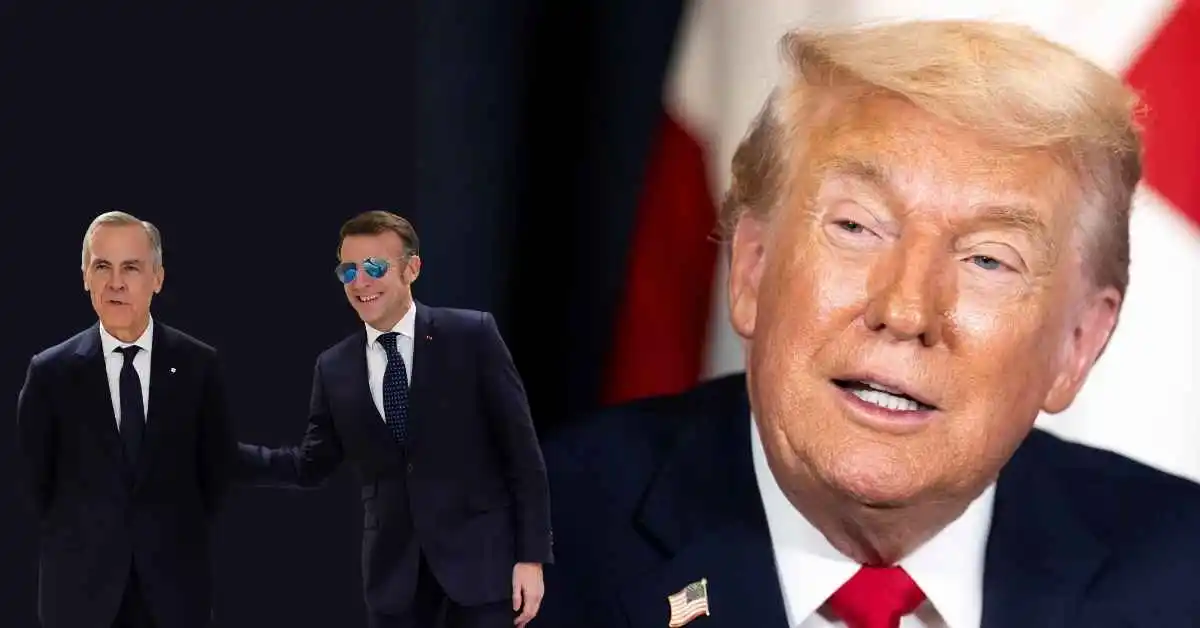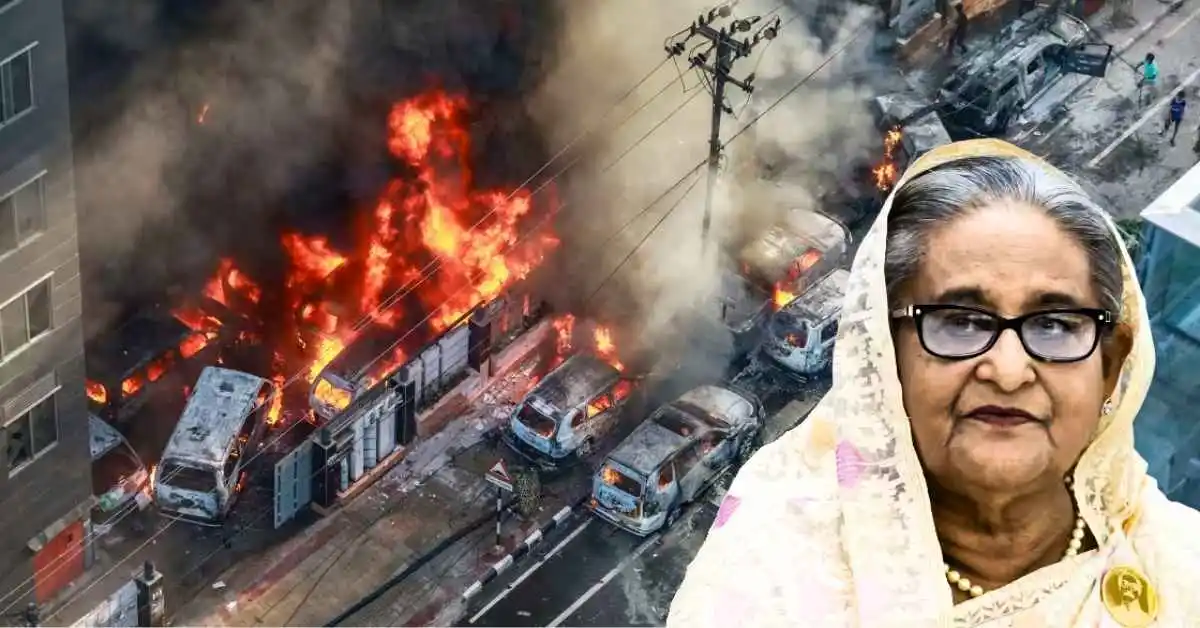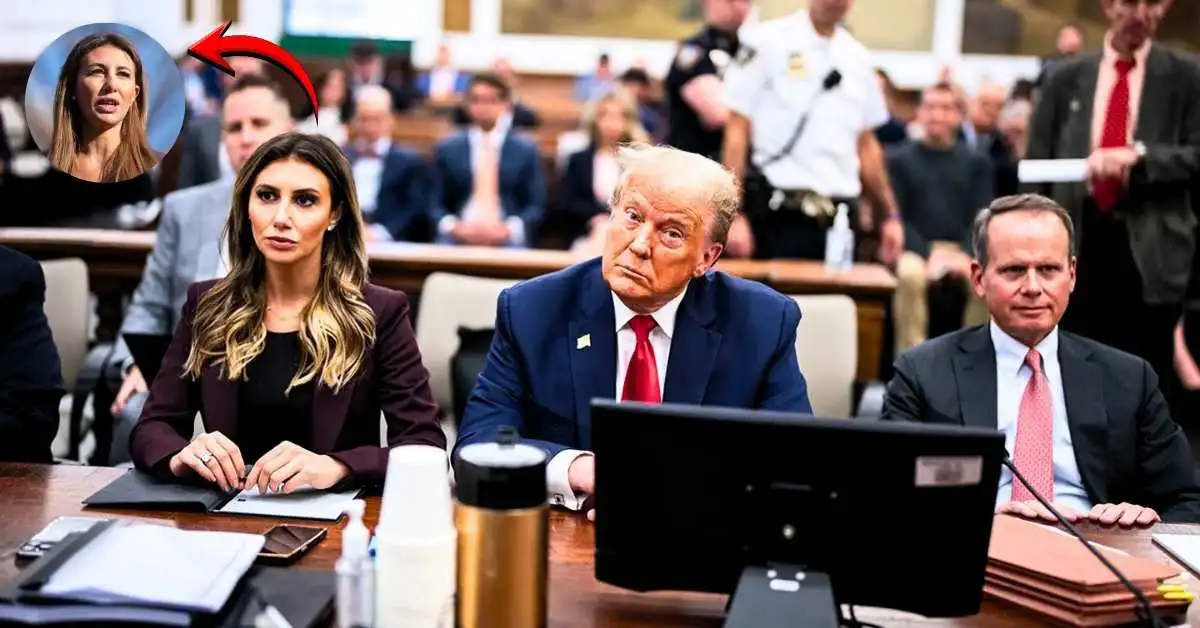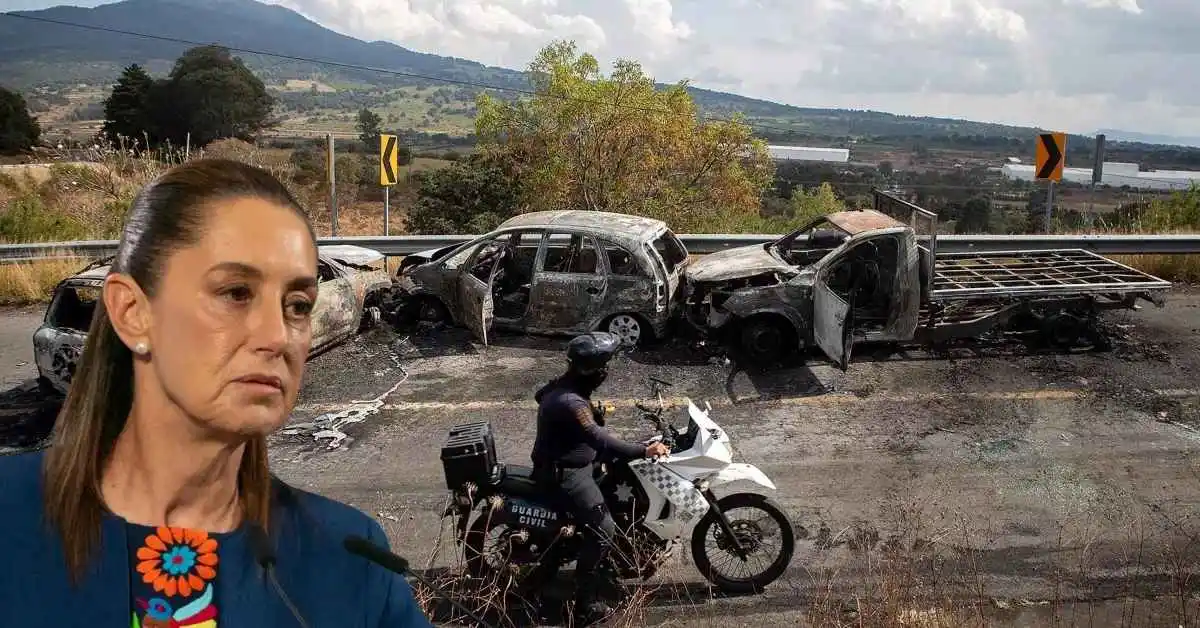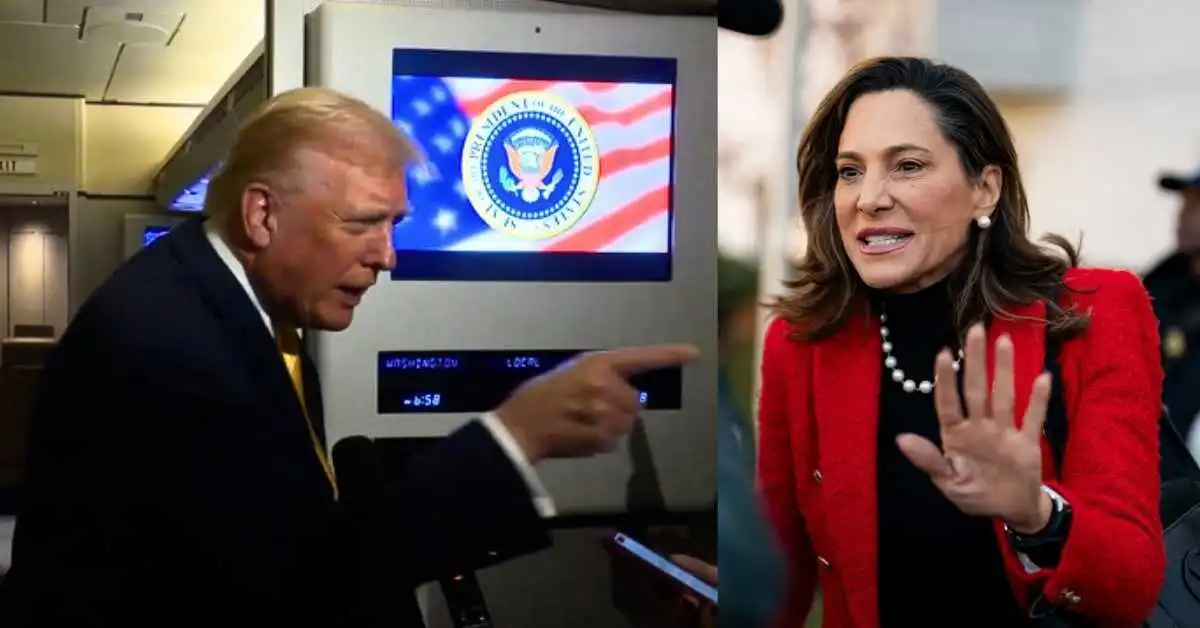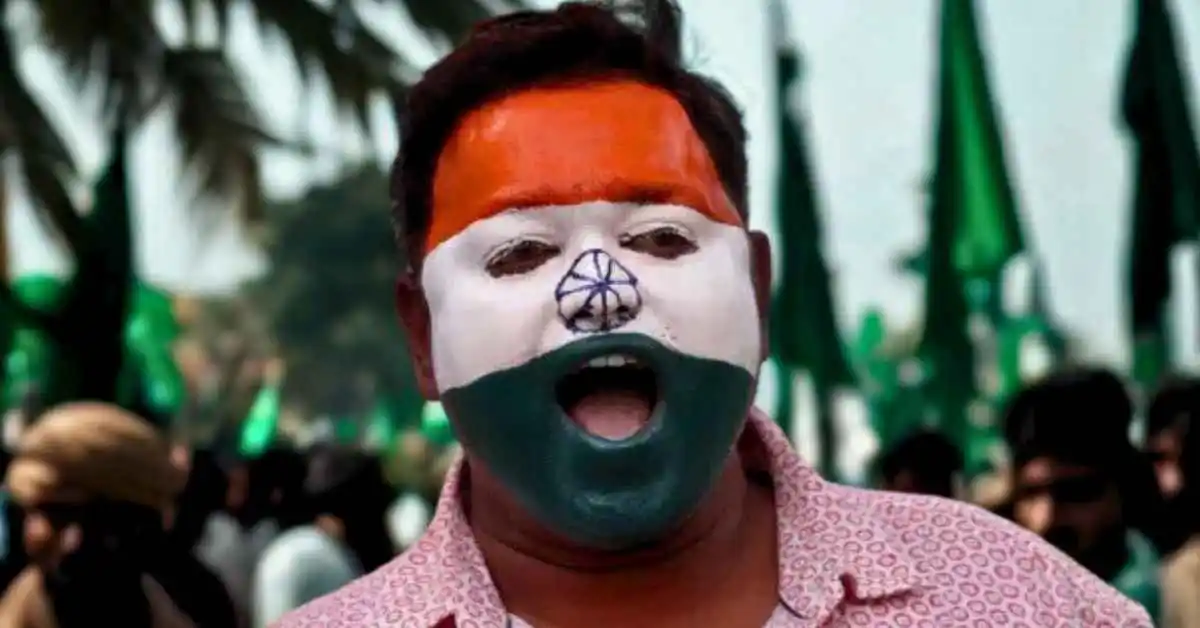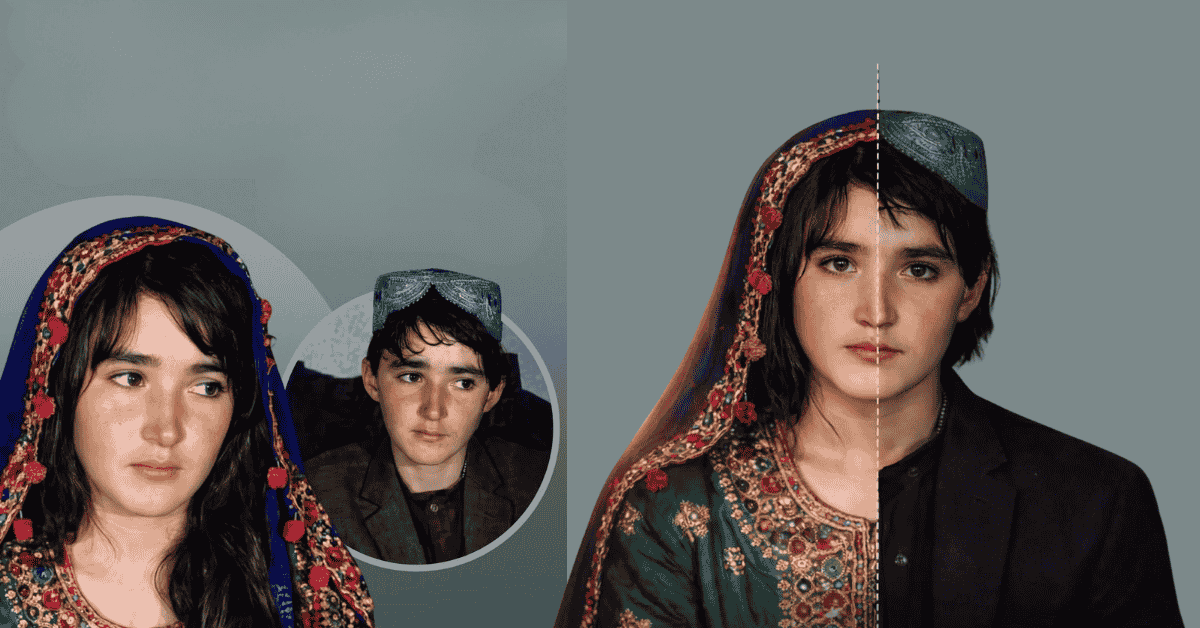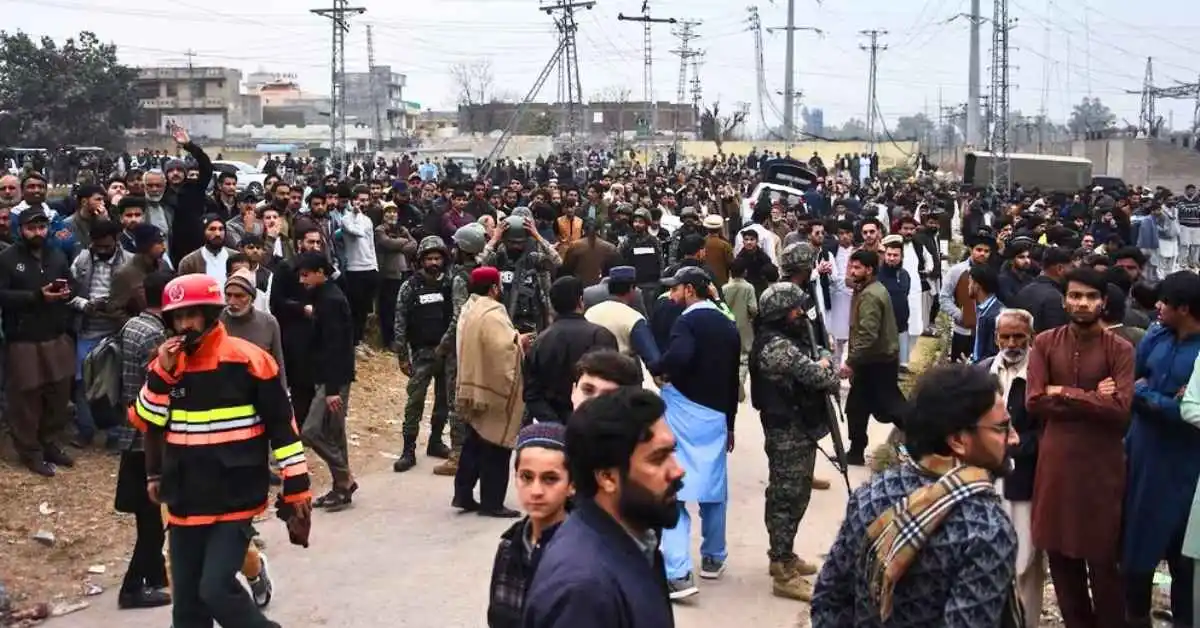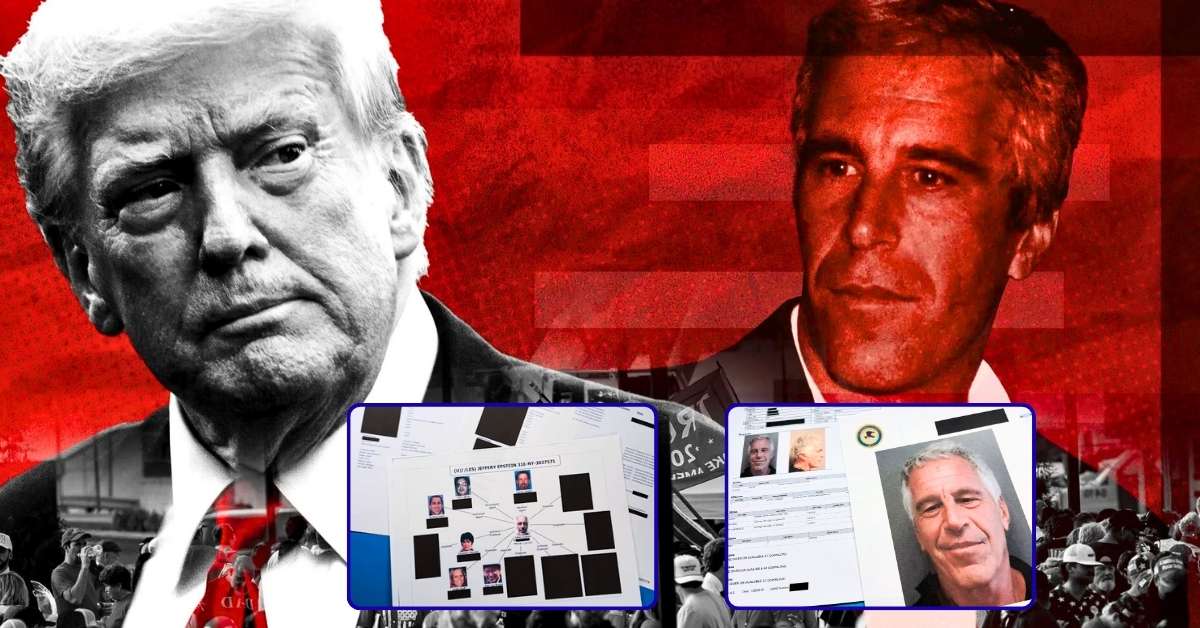On the evening of 21 December 2023, a group of weary families from Balochistan gathered outside Islamabad’s National Press Club. Many had traveled hundreds of miles, carrying nothing but blankets, photographs of missing relatives, and the hope that their voices might finally be heard.
They were not political heavyweights or militants. They were mothers, sisters, brothers, and students demanding answers about the enforced disappearances and extrajudicial killings that had plagued their province for decades.
بھائی جی یہ بھی ہمارے آپکے بھائی ہیں۔ یہ ملک ان کا بھی اتنا ہے جتنا میرا ہے۔ مہربانی فرمائیں pic.twitter.com/7o0QitsGos
— Dr. Shahbaz GiLL (@SHABAZGIL) December 20, 2023
What followed shocked much of the country. Just past midnight, Islamabad police moved in with water cannons, batons, and tear gas. Videos on social media showed older women being dragged, children coughing in the haze, and young students shouting as they were pushed into police vans. The government described the action as “maintaining order.” Protesters, however, saw it as yet another sign that the state was unwilling even to listen.
The Immediate Fallout: Police crackdown on Baloch protesters sparks
The arrests and heavy-handed tactics quickly turned into a national debate. By the morning of 22 December, hashtags demanding the release of detainees trended across Pakistan. Politicians, lawyers, and human rights groups condemned the crackdown, while families stood outside police stations waiting for news.
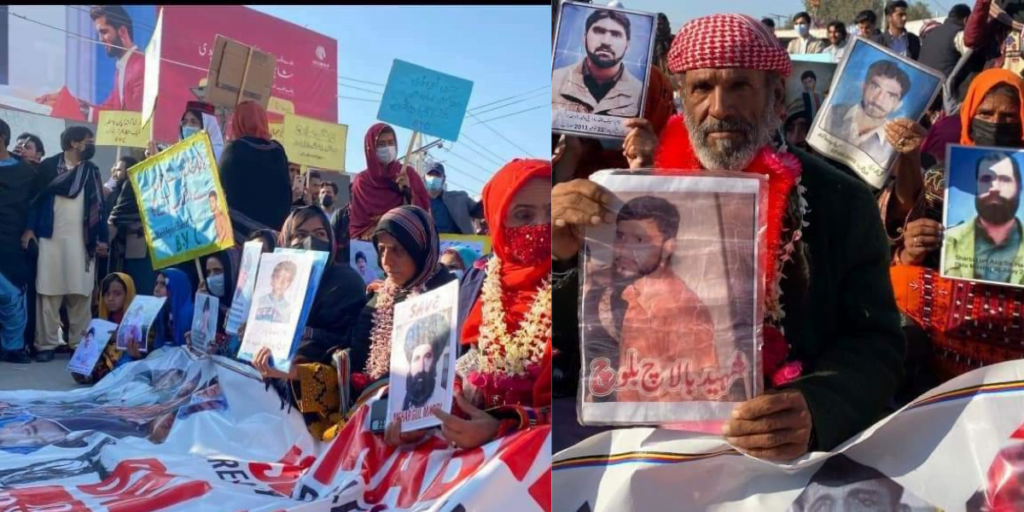
Under pressure, authorities began releasing many of those taken into custody. By 24 December, most of the detainees, nearly 300 in total, were out on bail. The Islamabad High Court also stepped in, blocking attempts to forcibly send protesters back to Balochistan. Still, activists insisted that some people remained missing, a grim reminder of the very issue they had come to highlight.
Among the leading faces of the movement was Dr. Mahrang Baloch, who became a powerful voice for the marchers. “They treated us like strangers in our own country,” she said in one widely shared video statement. Her words captured the frustration of many Baloch who feel that their concerns are ignored unless they spill into the streets.
#MarchAgainstBalochGenocide is under attack by the Islamabad police. Many of our youth have been arrested, & many have been injured by tear gas shelling and violence. Right now, we are being treated worse than animals. Will the world raise its voice for us against this barbarism? pic.twitter.com/AYhRPW0K9S
— Mahrang Baloch (@MahrangBaloch_) December 20, 2023
Some commentators, particularly from pro-government media circles, attempted to delegitimize the sit-in by accusing protesters of having links to militant groups. But those at the sit-in insisted their cause was peaceful and centered on justice for missing family members. The images of grieving mothers holding faded photographs were hard to dismiss.
Rights Groups Push Back
Human rights organizations didn’t mince words. Amnesty International condemned the “harassment” of protesters and accused authorities of deliberately cutting off supplies of food, blankets, and even mobile connectivity to force demonstrators out. In July 2024, Amnesty renewed its criticism, saying Pakistan was repeating a dangerous pattern: responding to peaceful Baloch protests with intimidation, arrests, and internet shutdowns.
Pakistan: @amnesty is deeply concerned by the excessive use of force by law enforcement against the Baloch Long March protestors in Islamabad on 21 December. Amnesty has reviewed videos showing water cannons, tear gas and batons being used against the protestors. Dozens have been…
— Amnesty International South Asia, Regional Office (@amnestysasia) December 21, 2023
Human Rights Watch echoed those concerns after at least three people were killed during a demonstration in Gwadar in mid-2024. They called on Pakistan to respect freedom of assembly and to stop treating peaceful marches as security threats.
HRCP strongly condemns the violent police crackdown on Baloch protestors in Islamabad, with women, children and the elderly subjected to unwarranted force in the form of water cannons and use of batons. Numerous women protestors have reportedly been arrested and separated from…
— Human Rights Commission of Pakistan (@HRCP87) December 21, 2023
The Missing Students Mystery
The December 2023 protest was not an isolated outburst. Just weeks before, the Islamabad High Court had been informed that more than 50 Baloch students had mysteriously disappeared. Some were later recovered, but dozens remained unaccounted for. The families of these young men became part of the long march, their stories reinforcing the larger narrative of state neglect and silence.
Far from calming the situation, the Islamabad crackdown added fuel to the fire. Protests resurfaced in different parts of Balochistan through 2024. In Gwadar, clashes left several dead and dozens arrested. Roads were blocked, the internet was cut, and entire towns were put under de facto lockdown.
By March 2025, the movement had entered a new phase. Dr. Mahrang Baloch and several other activists were arrested in Quetta during fresh demonstrations, this time charged under anti-terrorism laws. Supporters claimed they were denied medical treatment and fundamental rights in prison.
The disappearance of more people, including incidents linked to the Jaffar Express train hijacking, sparked widespread protests across the province.
The unrest grew loud enough to attract international attention. In March 2025, United Nations experts called on Pakistan to release detained activists and end its crackdown on peaceful demonstrations, warning that systematic suppression would only deepen the crisis.
More than a year and a half after that freezing December night in Islamabad, the questions raised by the protesters remain unanswered. Families continue to live in uncertainty, not knowing whether their loved ones are alive or dead. Every new protest, every arrest, every disappearance feeds a cycle of mistrust between Baloch citizens and the state.
The government’s current strategy of crackdowns, arrests, and temporary releases may silence protests in the short term, but it does not resolve the core issue. The demand is simple: truth, accountability, and justice. Without that, new marches will keep forming, new sit-ins will emerge, and the gulf between Baloch communities and the Pakistani state will continue to widen.
A peace rally was held at Zakariya University to show solidarity with the Baloch Long March. Pashtun and Baloch Students Councils of Bahauddin Zakariya University are fundamentally against the Islamabad police crackdown on the Baloch Peaceful Long March (violence, tear gas shelling, use of water cannons, and baton charge). Hundreds of students participated in the rally to express solidarity with the Baloch Long March.
پشتون و بلوچ کونسلز کی جانب سے "بلوچ امن مارچ" اور "چمن دھرنا" سے اظہار یکجہتی اور احتجاجی ریلی نکالی گئی جسمیں سینکڑوں طلباء وطالبات نے شرکت کی اور ان اقوام کے قانونی و آئینی مسائل کے حوالے سے جلد حل کرنے پر زور دیا اور اسلام آباد پولیس کے روایے کی مذمت کی۔ #StopBalochGenocide pic.twitter.com/1pW4qIGrzi
— Spokesperson PSC-BZU Multan (@pscbzumultan) December 21, 2023
The December 2023 crackdown is remembered not just for the arrests but for what it symbolized: a country struggling to reconcile its security policies with the fundamental rights of its citizens. For the families who marched from Turbat to Islamabad, the fight is not just about missing relatives, but also about dignity, recognition, and the right to be heard.
